Analyse interne et vues comparatives
Christian P. FILIOS
Nul ne peut s’enrichir aux dépens d’autrui. L’enrichissement sans cause fut reconnu en France en tant que source autonome d’obligations en 1892 (arrêt Boudier). Son évolution technique en droit français connut un essor considérable au début du XXème siècle. Après la dernière thèse de François Goré en 1949, plus aucun travail ne fut consacré sur le problème des obligations nées d’un enrichissement injuste. A la même époque, les autres droits continentaux, principalement ceux d’inspiration germanique, connurent un renouveau du mécanisme interdisant de s’enrichir aux dépens d’autrui. Une distinction fondamentale, reposant sur la nature des choses, permit de séparer les enrichissements nés par prestation de ceux nés sans prestation. Outre son caractère fonctionnel, cette distinction s’évertue à attribuer des définitions différentes aux éléments constitutifs de l’enrichissement injuste dont notamment celui de “cause”. La tentative d’introduire en droit français la distinction entre les enrichissements nés par prestation et ceux nés sans prestation, en même temps que d’accorder une image plus moderne à l’institution, constitue l’objectif essentiel de cet essai.
UNJUST ENRICHMENT IN FRENCH PRIVATE LAW
Internal Analysis and Comparative Aspects
Christian P. FILIOS
Enrichment without cause was recognized in France as an autonomous source of obligations in 1892 (case Boudier ). Its technical evolution in French Law had a significant rise at the beginning of 20th century.
After the last thesis of François Goré in 1949, no more essays were devoted on the problem of the obligations born of an unjust enrichment. At that period, though the other continental Laws, mainly those of Germanic inspiration, this mechanism, which does not allow somebody to be enriched at the expense of the plaintiff, sprang back to life. A fundamental distinction, resting on the “nature of things”, made it possible to separate the benefits born via “performance” from those acquired “in another way at the expense of the plaintiff”. Besides its functional aspect, this distinction strives to attach different definitions to the constitutive elements of unjust enrichment, especially that of “legal cause”. The attempt to introduce in French Law the distinction between benefits obtained by “undoing performance” and benefits acquired “in another way”, and at the same time as to grant a more modern image to the institution, constitutes the essential purpose of this book.
Supplementary Information: Volume 21 of the collection: �PUBLICATIONS OF THE HELLENIC INSTITUTE OF INTERNATIONAL AND FOREIGN LAW �. Edited by: �ANT. N. SAKKOULAS / ETABLISSEMENTS E. BRUYLANT – ATHENS / BRUSSELS – 1999�. ISBN (Sakkoulas) 960-15-0154-1. ISBN (Bruylant) 2-8027-1327-2. PAGES: I-XIII and 1-640.
PRELIMINARY PART: ROOTS, PHILOSOPHY AND NATURE OF UNJUSTIFIED ENRICHMENT
TITLE I: METAMORPHOSES OF THE CONCEPT OF UNJUSTIFIED ENRICHMENT
- CHAPTER 1: Unjustified enrichment in Roman law and in the Old French Law
- SECTION 1: Evolution of unjustified enrichment in Roman law
- SECTION 2: Unjustified enrichment in the Old French Law
- CHAPTER 2: From the Civil code.
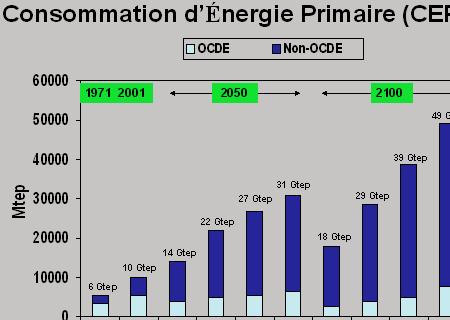
at our days
- SECTION 1: General formula and special provisions
- SECTION 2: Attempts at coding and the normative nature of unjustified enrichment
TITLE II: BASES AND PHILOSOPHY OF UNJUSTIFIED ENRICHMENT
- CHAPTER 1: Unjustified enrichment, “prisoner” of the abnormal management of businesses
- SECTION 1: The theory of the �imperfect � management of businesses
- SECTION 2: Recognition by the Courts of the theory of the �imperfect � management of businesses
- SECTION 3: The criticism of the theory of the �imperfect � management of businesses
- CHAPTER 2: The civil liability, as base of unjustified enrichment
- SECTION 1: Doctrines of the �illicit fact �
- SECTION 2: Doctrines of the �created profit �
- SECTION 3: Doctrines of the �profit-responsibility �
- CHAPTER 3: Bases of �higher order �
- SECTION 1: The moral rule as base of unjustified enrichment
- SECTION 2: Natural Law as base of unjustified enrichment
- CHAPTER 4: Bases known as �objectives �
- SECTION 1: Equivalence and unjustified transmission, the concepts with objective contents.
- SECTION 2. but moderate of elements having milked to equity
- CHAPTER 5: Outline of a philosophic-legal base of unjustified enrichment
- SECTION 1: The true theoretical base of unjustified enrichment
- SECTION 2: The futility of search in the world of philosophy in the absence of technical criteria
TITLE III: TECHNICAL OF THE OBLIGATION AND THE ACTION IN RESTITUTION OF UNJUSTIFIED ENRICHMENT
- CHAPTER 1: The nature of the obligation which is born from unjustified enrichment
- SECTION 1: Unjustified enrichment, a quasi-contractual obligation.
- SECTION 2. or an autonomous source of obligations?
- Chapter 2: The nature of the action in unjustified enrichment
- SECTION 1: Personal character of the action in unjustified enrichment
- SECTION 2: The action in unjustified enrichment, an action in restitution
FIRST PART: ELEMENTS AND SYSTEMATIZATION OF ENRICHMENT WITHOUT CAUSE
TITLE I: ESSENTIAL CONDITIONS OF ENRICHMENT WITHOUT CAUSE
- CHAPTER 1: Need for an enrichment
- SECTION 1: The way of enrichment
- Modes and forms of enrichment
- Definition of enrichment
- SECTION 2: Nature of enrichment
- Enrichments born by performance
- Enrichments without performance
- SECTION 1: The way of enrichment
- CHAPTER 2: Definition of the “legal cause” of enrichment
- SECTION 1: Attempts at definition of the cause of enrichment
- SECTION 2: Definition of the cause under the angle of the distinction enters the enrichments born by performance and those born by not-performance
- CHAPTER 3: Impoverishment of the plaintiff
- SECTION 1: Measured need for an impoverishment
- SECTION 2: Uselessness of the concept of impoverishment
TITLE II: SYSTEMATIZATION OF THE GROUPS OF CASE OF ENRICHMENTS BORN BY PERFORMANCE OR WITHOUT PERFORMANCE
- CHAPTER 1: Systematization of direct enrichments
- SECTION 1: Restitution of the enrichments born by performance
- Performances under mistake (stricto sensu)
- Conditiones ab causam finitam
- Condictio ob rem
- Performances for an illicit or immoral provision
- SECTION 2: Restitution of enrichments born without performance
- Restitution of the advantages obtained by interference with another’s rights
- Enrichments caused by useful expenditure
- Restitution of the enrichments caused by the payment of another’s debt
- SECTION 1: Restitution of the enrichments born by performance
- CHAPTER 2: Indirect enrichments
- SECTION 1: Relationships with three persons
- SECTION 2: Enrichments born ex alieno contractu
SECOND PART: THE EFFECTS OF THE ACTION IN UNJUSTIFIED ENRICHMENT
TITLE I: MEASURE OF RESTITUTION AND FACTORS OF CHANGE OF POSITION
- CHAPTER 1: The object and measure of enrichment
- SECTION 1: Restitution of the principal “obtained”
- SECTION 2: Restitution of the “accessories”
- CHAPTER 2: The change of position
- SECTION 1: The loss of enrichment in the presence of unilateral restitutions
- SECTION 2: The loss of enrichment in the presence of a cancelled bilateral contract
TITLE II: OBSTACLES TO THE EXERCISE OF THE ACTION IN UNJUSTIFIED ENRICHMENT
- CHAPTER 1: Obstacles due to the behaviour of impoverished
- SECTION 1: Obstacles specific to enrichments by performance
- SECTION 2: Obstacles specific to enrichments without performance
- CHAPTER 2: Legal obstacles to the exercise of the action in restitution
- SECTION 1: Prescription of the action in unjustified enrichment
- SECTION 2: Subsidiarity of the action in unjustified enrichment
This page was created on Sunday, January 23, 2000. Many thanks to the author, Christian Filios. for the information.


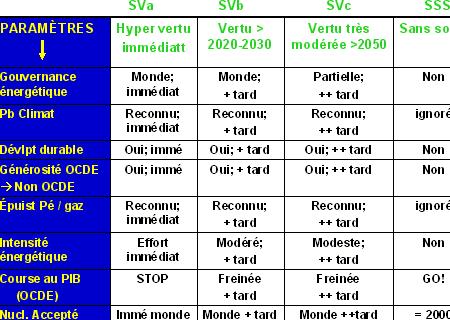

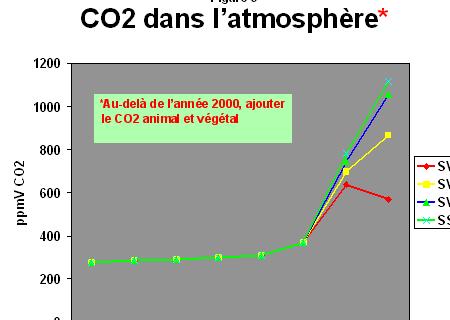

 Record management system thesis proposal
Record management system thesis proposal Masters thesis proposal presentation ppt overview
Masters thesis proposal presentation ppt overview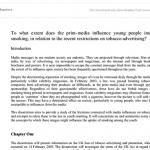 Was the civil war inevitable thesis proposal
Was the civil war inevitable thesis proposal Limpot est il juste dissertation proposal
Limpot est il juste dissertation proposal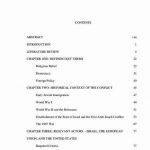 Exemple de paragraphe dissertation proposal
Exemple de paragraphe dissertation proposal






